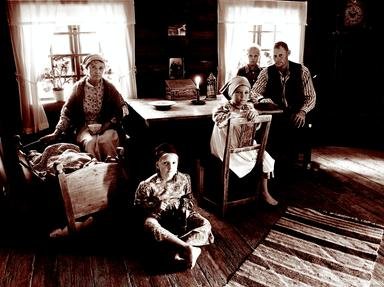Quiz Answer Key and Fun Facts
1. This Compromise, known as the Slave Trade Compromise, declared that the slave trade would be slowly diminished until 1820, when it would be completely gone from the country. What year did this document take effect?
2. The Northwest Ordinance forbade slavery in a certain region, which caused many difficulties in the upcoming decisions between free and slave states. Name this region, that eventually created six new states.
3. In 1820, the Missouri Compromise was enacted. Aside from the new state of Missouri, this stated that all new states above a certain line would be free. Which line was it?
4. Which of these were NOT a part of the Compromise of 1850?
5. In 1854 the Kansas-Nebraska Act ignited a powder keg in Kansas that began to be known as what?
6. Anti-slavery leader William Lloyd Garrison published a newspaper known as what?
7. In 1859 a man from Oberlin, Ohio raided the federal arsenal at Harper's Ferry, Virginia with several of his supporters. Name this man, also known for his Pottowatomie Creek massacre.
8. The Dred Scott Decision was not meant to be a landmark case. However, it had a tremendous impact on the fragile country. Who was the Chief Justice of the Supreme Court during this suit?
9. A young lawyer named Abraham Lincoln was involved in a series of debates across the state of Illinois in 1858 with a rival politician named Stephen Douglas. My question is this: for what governmental position were they competing?
10. The Presidential Election of 1860 included many well known politicians. The former presidents Martin Van Buren and Millard Fillmore were on the Know-Nothing ticket, the rising star Abraham Lincoln was for the Republican party, and his former competitor Stephen Douglas ran for the Northern Democrats. Which man, who held the office of Vice President, ran for the Southern Democrats?
Source: Author
DanielWebster2
This quiz was reviewed by FunTrivia editor
bloomsby before going online.
Any errors found in FunTrivia content are routinely corrected through our feedback system.


